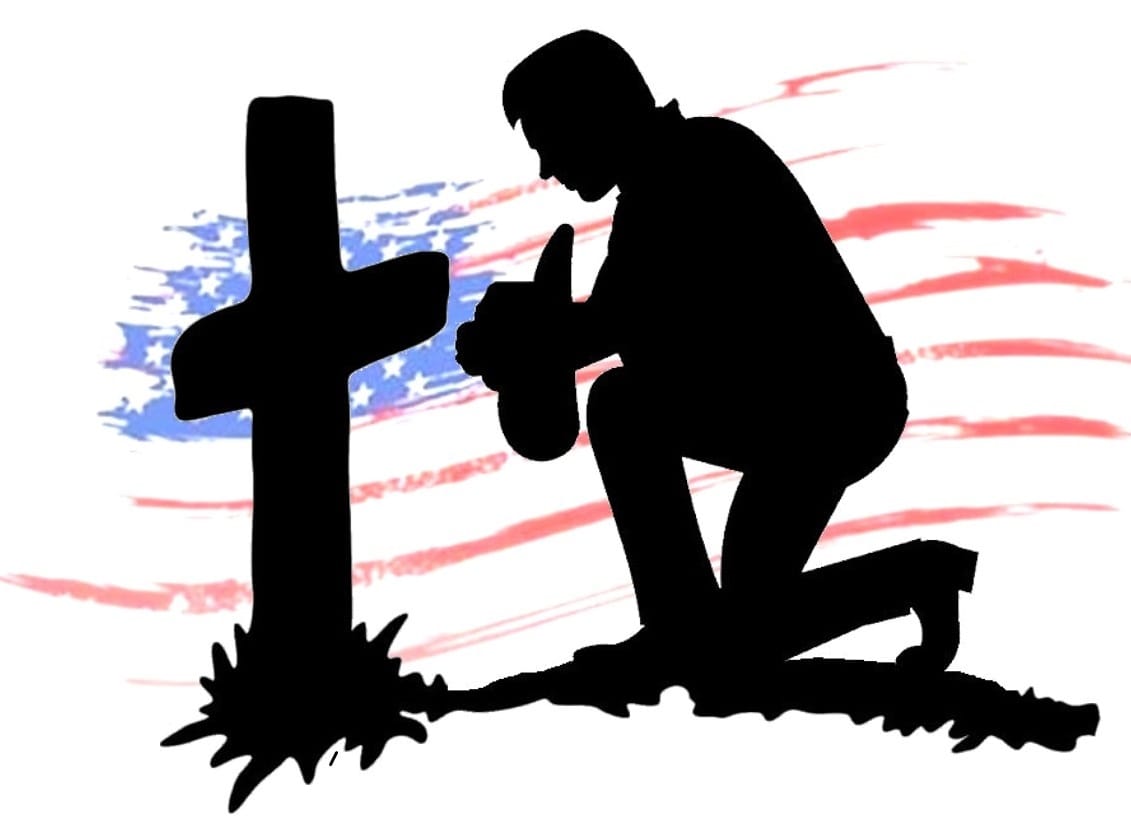The Toughest Questions Christians Face
I want to move into reviewing a new video series, also part of the One Minute Apologist series by Bobby Conway. This series of seventeen video shorts (each from 1 to 3 minutes in length) deals with the toughest questions that we face in defending our faith. I don’t know how long it will take; I’ll just have to dig in and see how much it makes sense to cover in each. Remember that these are from the One Minute Apologist, not a resource to give you exhaustive (and exhausting) information with which to bury someone who dares question our faith. Rather, it is to give us quick ways to respond to such questions in ways that allow the person question our faith to see that there is viable evidence of the truths contained in the Bible, and upon which our Christian faith is built.
Let’s begin by looking a quote by Voltaire, which says: In beginning God created man in His own image, and man has been trying to repay the favor ever since. The point of that is to scoff at the very idea that God should be just as we think He should be, or as we would like Him to be. But it begs the larger question of whether God is merely some invention of the human mind, as atheists might think.
This is the question that Bobby Conway asks Sean McDowell, professor, speaker, author, apologist, in the first video in this series on the Toughest Questions Christians Face. The problem with believing that God is a human construct of any sort is the amount of compelling evidence that He is real. Everything from the creation to the incredible amount of information contained in a single cell. Add the fact that the laws of physics have to be incredibly fine-tuned to sustain life, and the historical evidence of the life, death and resurrection of Jesus Christ – the most historically documented life in world history.
The second video examines a question that I have dealt with in other posting: whether or not the Bible is Historically Reliable. For this video, Bobby Conway returns to an interview with Frank Turek. Frank begins answering this question by listing six lines of testimony that begin with the letter ‘E’.
- Early Testimony – scriptures of the Holy Bible are ancient documents, with the New Testament being a testimony of the life of Jesus and the beginnings of the New Testament Church that was available as early as 70 AD.
- Eye-Witness Testimony – there are some 140 details between the Book of Acts and the Gospel of John that have been verified by eye-witness accounts, or could only have been known by an eye-witness.
- Embarrassing Testimony – which are details that the authors of the books contained in the Holy Bible would not have shared unless they were verifiably true.
- Excruciating Testimony – which are details that led to the brutal death of the people teaching them. Who would do that unless these details were true and more important than their own lives. They could have saved themselves by simply denying things like the resurrection of Jesus Christ.
- Expected Testimony – Biblical prophecy from which we have expected testimony of the fulfillment of the prophecies. We see this all through the Bible, especially the New Testament fulfillment of Old Testament prophecy surrounding the birth, life, death and resurrection of Jesus Christ.
- Extra-Biblical Testimony – there are 10 ancient, non-Christian sources from the time of Jesus Christ that reference Jesus Christ. When you put the testimonies of these sources together, you get a storyline that is congruent with the life of Jesus Christ.
So, through the first two videos of this series, we now have a defense for people who question whether God is real or a construct of the human mind, and for the historical accuracy of the Bible.


